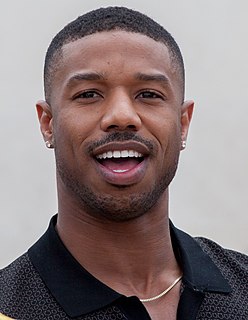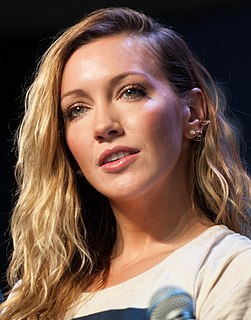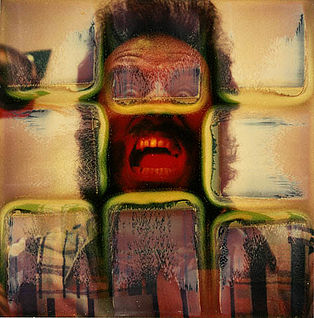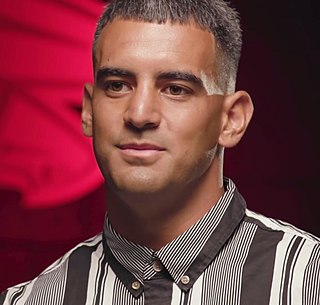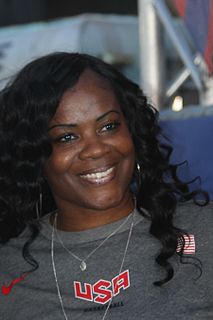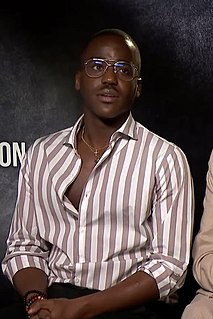A Quote by Cathy Moriarty
Robert De Niro taught me how to listen, and how to be part of the conversation. It's not just about reading your lines and saying what's in the script; you have to understand your character, along with the other characters so that you can always respond.
Related Quotes
From a very young age, my parents taught me the most important lesson of my whole life: They taught me how to listen. They taught me how to listen to everybody before I made up my own mind. When you listen, you learn. You absorb like a sponge - and your life becomes so much better than when you are just trying to be listened to all the time.
For me, I just like to be as fun as possible, but I do like to bring a lot to a character. Given the script or the show, I know my boundaries, limits, and how far I can go with it. As far as me choosing these characters that have a lot of personality, I don't necessarily think it's intentional. I just think that I try and come up with a backstory of who they are, depending on the script or how rounded these characters are, and just go from there.
I'm looking back at what I did and how it works. In a sense I'm waiting to see how people will respond. I'm waiting to see how you respond, without asking me to tell you what I think about it, because it is your job to give me an idea of how you go about thinking about this work. And if it's too absurd then, you know, I'll kick you out!
Any script, even like The Founder, if it's something that I imagine myself playing this character or that character - any of the characters, basically - how do we flesh these characters out to be good enough to have amazing actors that come in that make it really difficult for them to say no? Even though I'm not right for any of those parts, that's just kind of how we go about it.
As you develop relationships in your team you have to learn how your teammates react to being yelled at or how to put your arm around them and show them how to do things. You have to build those relationships up and understand who that person is and how they respond and choose your way to lead them to hopefully help everyone out.
I'm not ambitious when it comes to my acting career. I'm not breaking down my agency's doors or sending out headshots. Even when I'm offered work, I always want small parts. When it comes to things that other people have written, I just don't know what I'm doing. I'm terrible at memorizing a script and reading lines. I get confused and I don't understand and it just looks fake to me. It's more difficult for me to be creative that way.
I went to drama school so I had quite a regimented classical training, regimented process of analyzing a script. I'll go through the whole script and highlight everything my character says about me, and in another color I'll highlight what other characters say about me, and I'll highlight all the things I say about other characters.
Don't speak to me about your religion; first show it to me in how you treat other people. Don't tell me how much you love your God; show me in how much you love all God's children. Don't preach to me your passion for your faith; teach me through your compassion for your neighbors. In the end, I'm not as interested in what you have to tell or sell as I am in how you choose to live and give.


